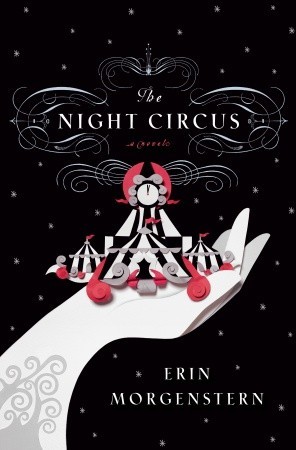I’ve been reading/skimming a lot of novels lately. Frankly I’ve
always been an obsessive reader (as in, who needs sleep, food, showers, or fresh
air when you have books?).* But lately I’ve been doing a lot more analyzing—something
I rarely did in the past. (Which lack is not an impressive quality in an
author-to-be. Which is not even remotely the point of this blog post.)
The point is that I’ve started noticing some things about a
large number of these books—many of which have been self-published. Let me
first say that I think self-publishing is wonderful in so many ways. This is by
no means a disparagement of self-publishing. However, I have noticed that many
of these particular books that I’ve been reading bear a few unfortunate commonalities.
The biggest of these is problems with story elements that simply
don’t make sense, that never get explained clearly—things that are obviously a
big deal to the characters but that I just don’t understand. For example, I
recently read a novel in which the main character is cursed (in rhyming couplet
and all). But the curse is so confusing that I never actually understood the
peril, even after the character theoretically figured it out. In another novel,
I couldn’t understand what the main character thought he was saving the world
from.
Here’s what I think happened: It all made sense in the
author’s head. It was perfectly clear. But somewhere between the brain and the
keyboard, some of it just got lost, or muddled, or twisted around until it no
longer made sense for a reader.
Now, I am a copyeditor. If you haven’t heard me mention that
yet, here you go: I copyedit. I pick up the tiny details that no sane people
care about (like smart quotes vs. straight quotes—oh how it burns me). This is
useful stuff for an author. It means my manuscripts (once I have actually
worked on them sufficiently) are quite clean overall. Of course I miss things;
I’m human. But grammatically and punctuationally,** my work tends to be in good
shape.***
So, onto my point.
Being a copyeditor isn’t good enough to make a good
manuscript. It requires someone else to look at your book—someone else who hasn’t
been swimming through it for the past many moons, someone who knows only what
is there on the page. This is something every writer needs. This is why agents
and editors exist (well, among other stuff). This is what self-published
authors must get as well.
Last week I heard about this giveaway at Portable Magic
Editing. What a great way to get started. Sign up, ye authors! Sign up! (Or
maybe don’t, because that decreases my chances of winning.)
We authors need someone to tell us when we’re writing
nonsense. Someone other than our angry readers.
* I both love and fear
that I gave this obsession to my older daughter. Oh the pride that shines in my
eyes when I see her walking in from the car, to the dinner table, and off to
her bedroom carrying a book and reading as she walks. I remember those days so
well (probably because they were just yesterday). Sadly, she has not yet
developed the talent of looking where she’s going at the same time.
** Do you love how I’ve
just told you I’m great with words and now I proceed to make them up?
*** Now I’m going to
be severely embarrassed when it turns out I made some particularly dumb mistake
in this post. Oh well.


